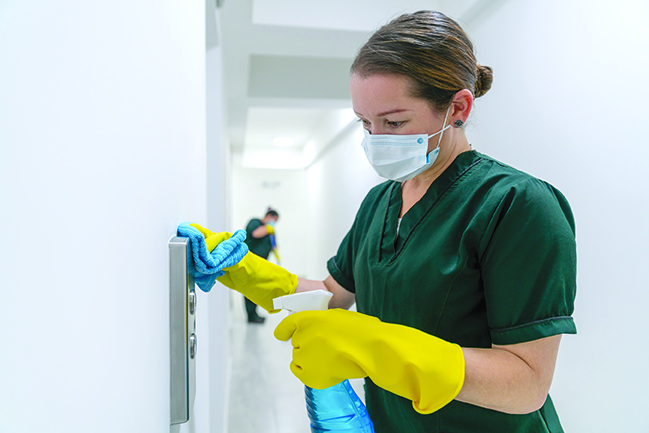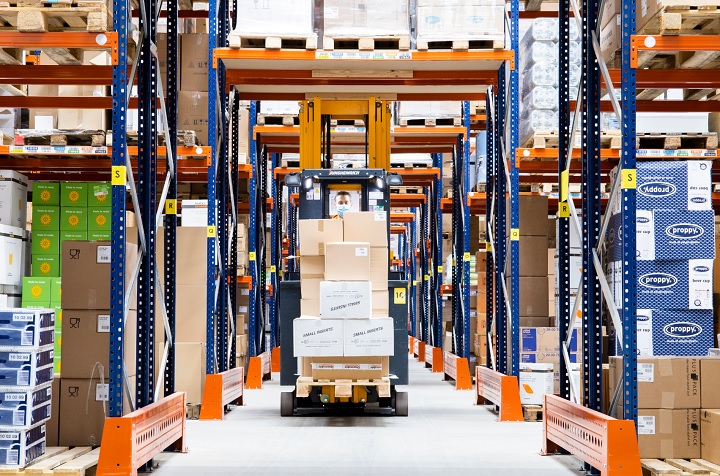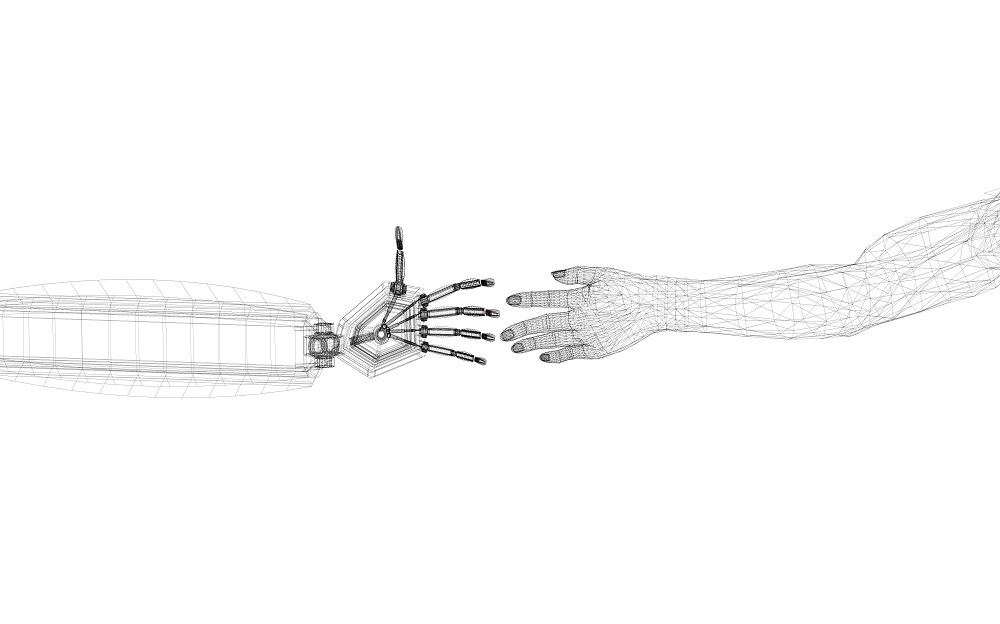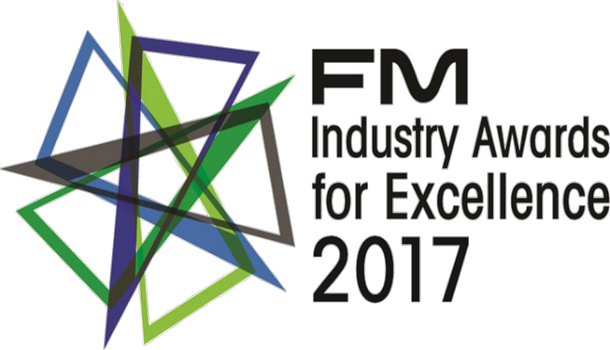
The Albanese Government handed down the 2023-24 Federal Budget this week, with Treasurer Dr Jim Chalmers forecasting a small budget surplus in 2022‑23 and lower deficits and debt over each year of the forward estimates compared with the October Budget.
The forecast surplus in 2022‑23 is $4.2bn (0.2 per cent of GDP), while the Budget forecasts a deficit of $13.9bn (0.5 per cent of GDP) in 2023‑24.
The Treasurer said: “By returning the majority of revenue upgrades to the Budget, the government is lowering debt and reducing debt interest costs. This improves gross debt by almost $300bn by 2033‑34, saving $83bn in interest costs over the 12 years to 2033‑34.
“This approach is delivering a stronger and more sustainable fiscal position and has been achieved while also providing responsible cost‑of‑living relief, investing in a stronger and more secure economy, and funding the critical services Australians rely on.”
According to Amanda Kenafake, CEO and executive director of Power Tynan, the surplus was driven by a surge in the corporate and individual tax high.
“High commodity prices, inflation, and high employment have all pushed up corporate and individual tax receipts,” said Kenafake, adding the Budget is expected to deliver of $13.9bn in 2023-24 and $35.1bn deficit in 2024-25
“While remaining persistently high for longer than anticipated, inflation is expected to fall from 6 per cent to 3.25 per cent per cent in 2023-24,” said Kenafake.
“The $3bn energy relief partnership with the states and territories and the temporary price cap on gas and black coal, are estimated to lower inflation by 0.75 per cent in 2023-24.”
Bruce Billson, Australian Small Business and Family Enterprise Ombudsman, said the Budget helps small businesses with contemporary challenges.
“There is support for small and family businesses to tackle immediate pressures, particularly with high energy input costs, an asset write-off boost to help re-equip and invest in productivity, tax administration changes that will help with vital cash flow challenges and much needed advice to deal with cyber security fears,” Billson said.
“Energising enterprise can deliver a stronger economy and these measures are a step towards delivering that.”
Lauren Micallef, Oceania manager of worldwide cleaning industry association, ISSA, said eligible small businesses across the entire industry will benefit from a number of activities from the Energy Bill Relief Fund, which will provide targeted energy bill relief to the instant asset write-off which will enable multiple assets of up to $20,000 to be written off in the year of purchase.
Micallef said ISSA also welcomes the $23.4 million over three years for the cyber wardens program delivered by the Council of Small Business Organisations Australia (COSBOA) to support small businesses to build in-house capability to protect against cyber threats.
“Given the recent high-profile ransomware attacks in Australia, cybersecurity has become an immediate concern for not only the commercial cleaning industry, but all business sectors,” said Micallef.
The unemployment rate is projected to remain low by historical standards, rising modestly to 4.25 per cent in 2023-24 and 4.5 per cent in 2024-25, which Micallef said will remain as a growing pressure for the industry.
“The entire commercial cleaning industry continues to feel the constraints of labour shortages across the country,” said Micallef.
Kim Puxty, CEO of the Building Service Contractors Association of Australia (BSCAA), agrees that the industry’s labour shortage still needs to be addressed.
“The commercial cleaning industry’s labour is largely propped up by international students and people immigrating on working visas,” said Puxty.
“This labour pool has been at an all-time low, and cleaning contractors are still having difficulty in finding staff. With working student visas again being limited to a maximum of 48 hours per fortnight from 1 July, but unlimited in the aged care sector until the end of 2023, it puts our industry on the less attractive employer perspective. With costs of living, visa applications, tuition fees and housing, international students need more than 48 hours fortnight to sustain a healthy lifestyle,” said Puxty.
“The boosting of skilled migration is much needed in Australia, but so is labour for essential workers, and cleaning is essential. The pandemic demonstrated this and yet, our industry is still finding itself short of workers and with the added competition of unlimited work hours for aged care up until 31 December along with the recently announced 15 per cent award wage increase for many aged care workers from 1 July.”
The Budget also announced an Anti-Slavery Commissioner to work across government, industry and society, to support compliance with the Modern Slavery Act 2018 and help improve transparency of supply chains.
Read more about the impact of the Budget on the commercial cleaning industry in next week’s newsletter.
Comment below to have your say on this story.
If you have a news story or tip-off, get in touch at info@incleanmag.com.au
Sign up to INCLEAN’s newsletter.





